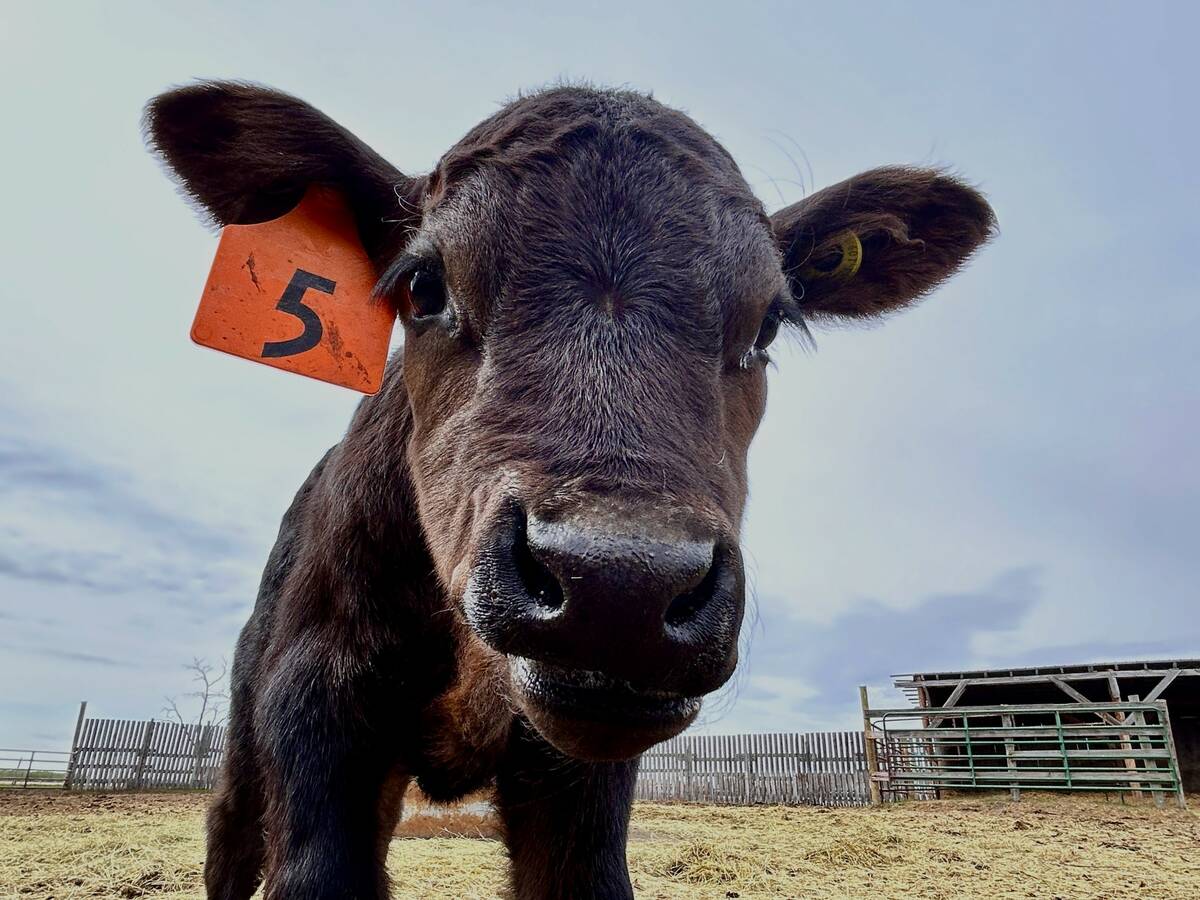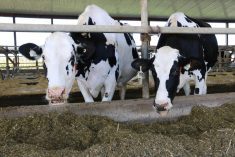Glacier FarmMedia — Canadians and their support for supply management could be described as a mixed bag, a hodgepodge or mishmash of opinions.
An Angus Reid poll of 4,009 people, published in March, found that 29 per cent of Canadians want to eliminate supply management for dairy, eggs and poultry and 23 per cent want to maintain the system.
In between those options, about 26 per cent would reduce or remove it temporarily to help Canadians cope with inflation and the threat of American tariffs.
The remaining 22 per cent didn’t have enough knowledge to answer the question: what would you do with supply management?
“There are a lot of opinions on supply management. There are similar sized groups in all these different (sides) of the argument,” said Jon Roe, a research associate with Angus Reid in Calgary.
“It speaks to how difficult and complicated a system it is for a lot of Canadians to understand.”
Internal barriers to trade

Angus Reid surveyed Canadians and their perspectives on supply management as part of a larger poll on internal barriers to trade.
Interprovincial trade and reducing internal regulations has become a massive topic in 2025 and will be a major talking point in the federal election campaign that runs from March 23 to April 28.
“There should be one Canadian economy, not thirteen,” says a headline from www.markcarney.ca, the website for prime minister Mark Carney.
“Creating one Canadian economy will create higher paying jobs, improve affordability and strengthen our national security.
Angus Reid found that Canadians have strong feelings about regulations that prevent trade within the country:
Read Also

Health Canada stops sales of coccidiosis medication Deccox on procedural issue
Deccox, a medication to prevent coccidiosis in calves and other livestock, is temporarily off the market after Health Canada issued a stop sale order earlier this month.
- Sixty-two per cent of respondents said internal trade barriers limit competition and increase costs for consumers.
- Only 16 per cent said they’re necessary to protect local businesses.
- Newfoundland and Labrador was the only province where a significant number of respondents (37 per cent) said barriers are needed to protect local businesses.
The results are clear — most Canadians want to see interprovincial sales of alcohol and national standards for trucking regulations.
For a pollster such as Roe, it’s interesting that Canadians dislike internal barriers to trade and want them eliminated, but there is less urgency to get rid of supply management, a system that restricts trade and increases the price of milk, cheese and other products.
“Some people do view supply management as one of those trade barriers,” he said, but some do not.
Party lines
The Angus Reid survey also found that Bloq Quebecois voters are vocal supporters of supply management.
About 38 per cent would maintain the system and 10 per cent want it gone.
Conservative voters are more skeptical.
Nearly 50 per cent would eliminate the system for dairy, eggs and poultry production. Only 15 per cent would keep it as is.
Some Canadians want to talk about supply management and its role in interprovincial trade, but politicians do not.
In spite of the urgency to remove inter-provincial barriers to trade, dairy, eggs and poultry aren’t part of that conversation.
“It’s interesting because there isn’t really a party that is onboard with getting rid of supply management,” Roe said.
“It’s not something that any political party is discussing.”
















